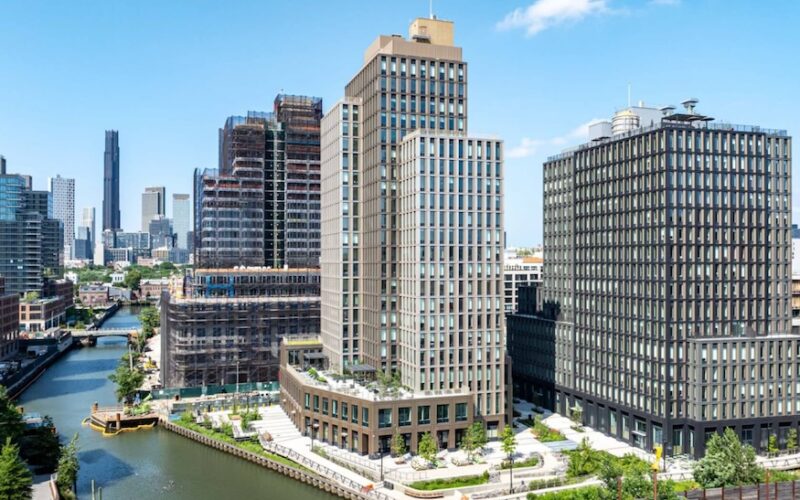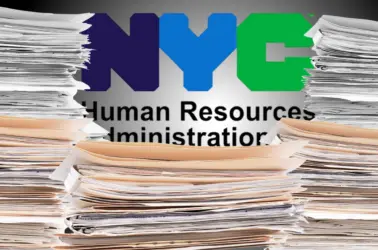In a powerful OpEd published on NYCNewswire.com, a sobering truth about New York City’s housing crisis is laid bare: the crisis is not about a lack of housing, it’s about a lack of affordable housing. And even more disturbing is how billion-dollar developers, hotel lobbyists, and complicit politicians have orchestrated a narrative that wrongly targets small homeowners, shifting blame away from the real sources of the problem.
Misdirection from the Real Culprits
Walk through any borough, whether it’s Gowanus, Greenpoint, East New York, Long Island City, or the South Bronx, and you’ll see them, brand new luxury towers, rising like mini-cities. These are not isolated cases. Thousands of new units are being added, yet affordability remains out of reach for working-class New Yorkers. Why? Because those units aren’t priced for the average household, instead, they’re designed to hit market rates that most families can’t afford. Still, developers continue to receive generous tax breaks and favorable zoning deals with little accountability. Meanwhile, hotel lobbyists push to restrict short-term rentals, not to increase housing stock, but to protect their own profits.
Who’s being blamed for the crisis? Not the developers building $3,000+ studios, but small homeowners, people who live in two- or three-family homes and rent out one unit just to pay the bills. According to the OpEd, that’s no accident, it’s a “masterful PR move” by special interests to pit renters against homeowners.
New Developments Are Out of Reach for the Average New Yorker
Across neighborhoods like Gowanus, Long Island City, Hudson Yards, and East New York, shiny new buildings continue to rise with each promising to address New York City’s housing needs. But the reality is that most of these new units are simply out of reach for the average hard-working New Yorker.
Only a small fraction of the apartments in these developments are set aside for low- to middle-income residents, through the NYC Lottery program. The rest are priced at New York City’s high market rates, which require incomes far beyond what many working-class families earn. Young people entering the workforce are increasingly forced to live with multiple roommates or rely on their parents to co-sign leases and help cover payments, which is an unsustainable trend.
This dynamic doesn’t just affect affordability, it affects access. As rents continue to rise and new buildings cater to higher-income brackets, it becomes harder for working people to find quality housing. Over time, this makes it more difficult for everyday New Yorkers to stay in the city they’ve helped build, while driving up competition and costs across the board.
Progressive Policies That Backfire
The OpEd makes a compelling case that some progressive housing reforms, while well-intentioned, are having the opposite of their intended effect. Take the regulation of broker fees, for example. The idea was to make it easier on renters, but the unintended result was rising rents and shrinking inventory. According to StreetEasy, fees once averaging $13,000 were simply transferred into monthly rent. The Wall Street Journal noted rent hikes of up to 15% overnight, and other reports point out a 30% drop in available inventory.
Progressive policies that treat small homeowners like big developers also backfire. These blanket regulations choke the very people keeping neighborhoods stable, working-class families who own and live in multi-family homes. These aren’t landlords exploiting tenants. They’re community members surviving in a high-cost city.
Developers Have the Advantage—and They Know It
The OpEd highlights a harsh reality that politicians are simply outmatched. Developers come armed with elite legal and marketing teams and financial consultants. In contrast, elected officials are often unequipped to negotiate deals that truly benefit their constituents. Instead of holding powerful developers accountable, some of these officials have opted for the politically easy move, targeting small homeowners.
As the article points out, the claim that two-family homeowners are “hoarding” apartments is absurd. A single high-rise may contain hundreds of empty luxury units. The narrative that the crisis stems from small homeowners is not just false, it’s dangerously misleading.
The “We Need More Housing” Trap
Perhaps the most manipulative tactic being used is the misleading slogan: “We need more housing.” That line is repeated by developers and politicians alike, but in neighborhoods already seeing massive construction, it rings hollow. The question we must ask is: “More housing for who?” Because the new construction isn’t aimed at working families, it’s built for big profit, not people.
The Real Solution: Unity and Accountability
This OpEd calls on renters and homeowners to stop fighting each other and start fighting together. The system is rigged to benefit the rich and well-connected, while everyday New Yorkers are squeezed out. We must stop falling for scapegoating tactics and start demanding real policies that build affordable housing, protect small homeowners, and ensure equitable development.
To do that, we need bold leadership, not soundbites. We need a political class that can stand up to billion-dollar developers and hotel industry giants. And most of all, we need a public that is informed, united, and unwilling to accept the status quo.


















Leave a Reply
You must be logged in to post a comment.